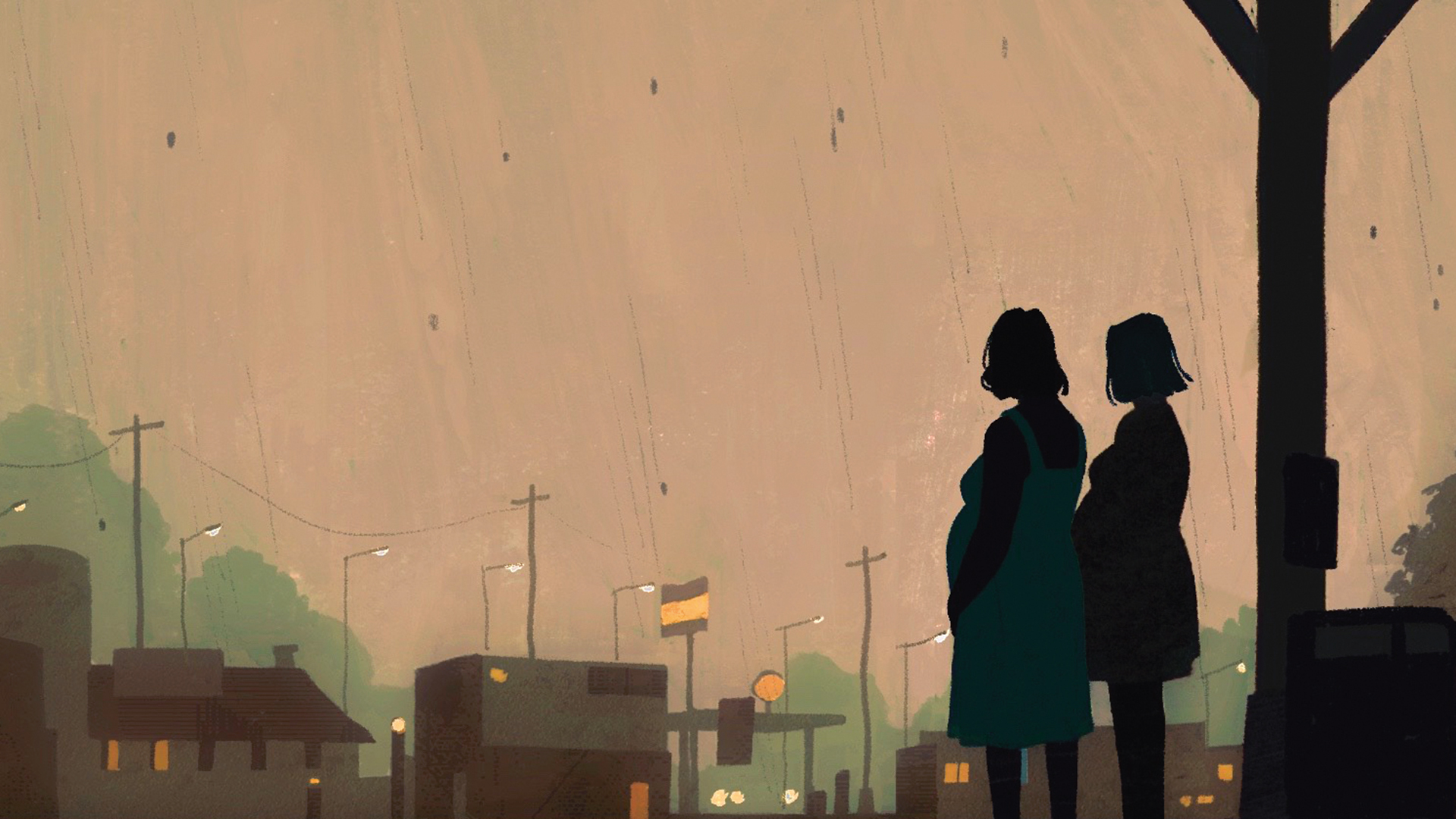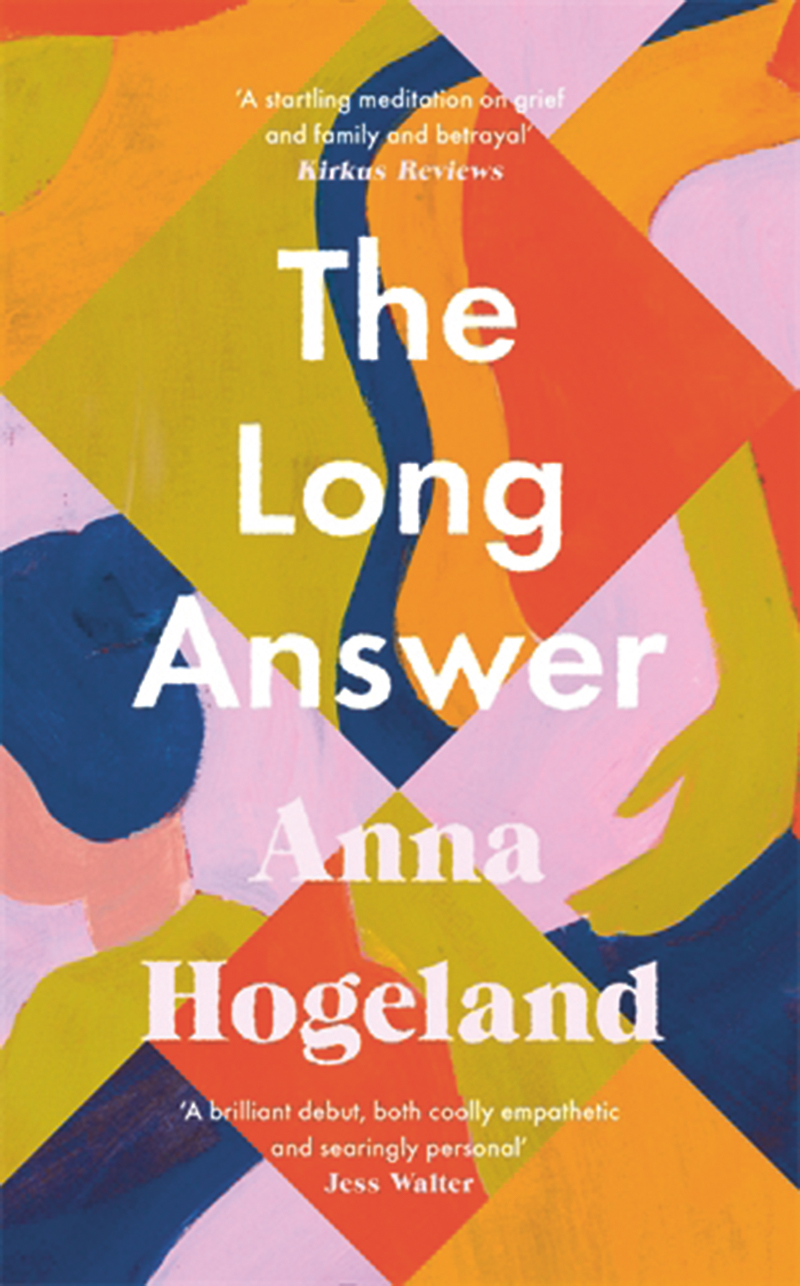I wrote my debut novel, The Long Answer, during a time of grief, rage, confusion and shock. I had recently lost my first pregnancy – a late-term abortion inspired by a heart defect that made my baby all but incompatible with life – and I’d lost my second pregnancy in an early miscarriage. I wrote it during the course of my third pregnancy, when I was carrying, though I was never convinced of it at the time, my healthy daughter. The novel is a curation of stories of women who have experienced pregnancy, abortion, miscarriage and infertility – whose path to motherhood did not go as they’d hoped. It explores not only how these losses impact the women, but their relationships too, particularly with female friends and sisters.
I needed to read this book. I could not find it anywhere else; I knew I must write it myself. I did not plan – no one could have planned – that my novel that prominently features the importance of reproductive rights, including a story of second-trimester abortion of a loved pregnancy that closely resembles my own, would be released in the US three days before the Supreme Court overturned Roe vs Wade.
It is difficult for me to know how to respond to the death of Roe. In truth, I don’t want to respond at all. I want to go back in time, close my ears and eyes, and refuse to acknowledge this as reality. Though the overturning was not a shock – we all saw it coming, long before the decision was leaked, and we could never fully take it for granted – but on June 24, when I read the news on a screen, I felt my body drawn to the ground. I didn’t cry; I couldn’t speak much. I handed my daughter to my in-laws and took to bed.
Other writers and figures with much larger spheres of influence than mine have written so eloquently and persuasively on the subject, with thorough research, I at times feel I do not have much more to offer. And yet I feel I must offer something to salvage, or at least honour, the law that I, and many women I love have needed to protect our choices and our bodies. And the only thing I can uniquely contribute is my own story.
In the weeks since, I have given more thought to how this happened, and what can be done. I don’t yet have answers, but I find myself associating to what I’ve learned about dynamics of abuse. I’m understanding how laws that harm women are passed, in part, because the idea of abortion, and what kind of woman gets an abortion, is abstracted and therefore dehumanised – it is in this way that laws of all kinds that discriminate against certain types of bodies are endorsed, and have been throughout history. If we think of a group of people as other – which is to say, less human – it is easier to subjugate them, it can even rationalise it. We can more readily tolerate abusing an object than a body that feels as much as our own.
Avid readers, I believe, have a harder time objectifying humans different from themselves. When you read a story, you are gaining access to another’s soul, intellect, wounds, vulnerabilities and powers. Before you even open the book you have opened yourself to this possibility. This willingness is an act of connection in itself. You are absorbed in their humanity; you cannot deny its presence. I have felt this over and over as I read. When I write, too, I try to inhabit a person, some who may be quite different from myself. Reading and writing are acts of listening, and if we are attentive, empathetic listeners we can often not help but see the story-tellers as whole.










